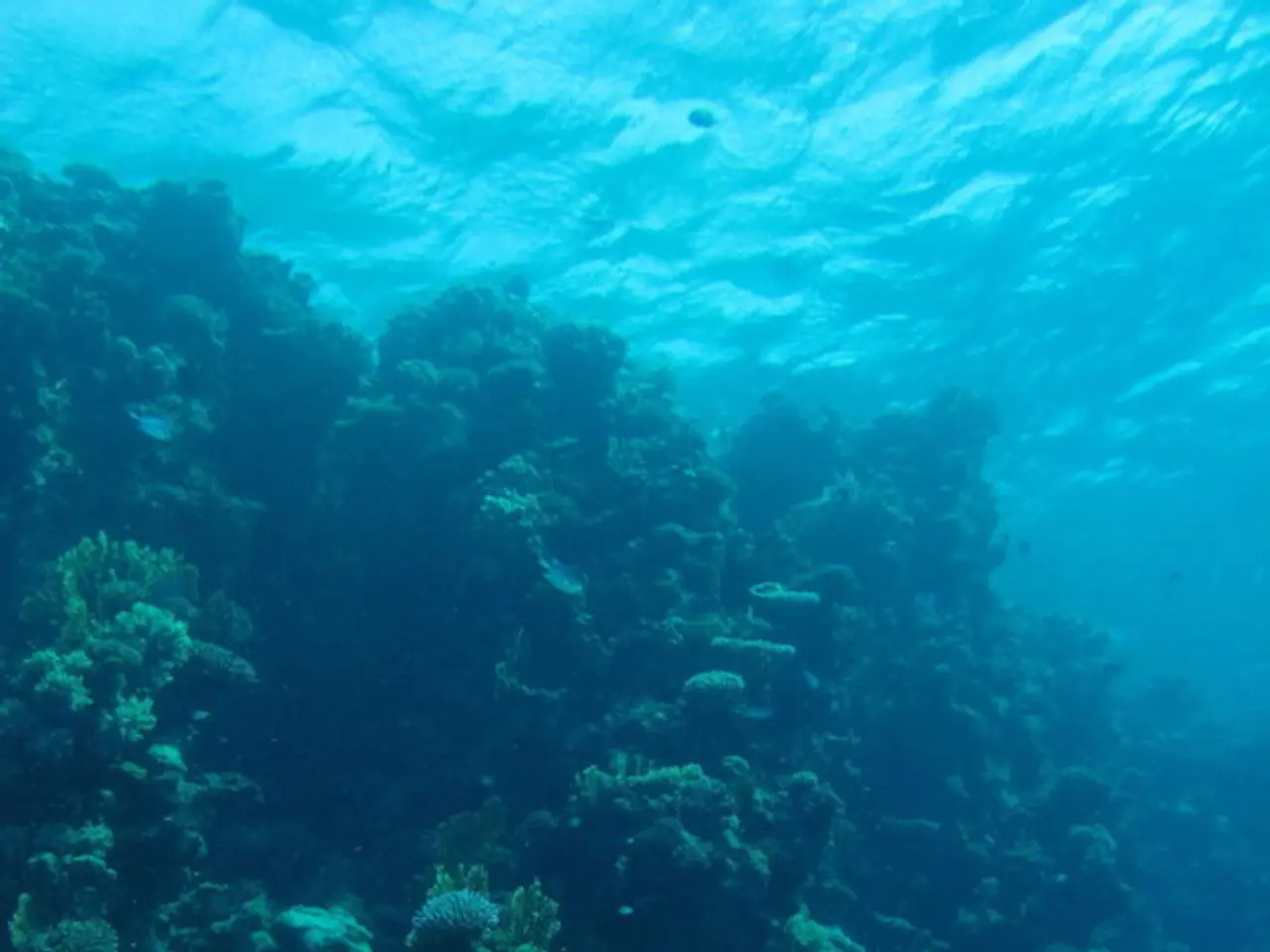Environmental Activism in the Pacific: Youth-Led Movement Transforming the Concept of Ecological Fairness Through Legal Action
The International Court of Justice (ICJ) Affirms States' Binding Obligations to Protect the Environment
In a groundbreaking decision, the International Court of Justice (ICJ) has issued an advisory opinion confirming that states have a binding duty under international law to reduce greenhouse gas emissions and protect the climate system. This landmark ruling, delivered on July 23, 2023, establishes that failure to meet these obligations could lead to legal responsibility, including the obligation to cease harmful conduct, guarantee non-repetition, and provide reparations [1][2][5].
This advisory opinion is significant as it grounds states' climate obligations in international environmental and human rights treaties, confirming that a healthy environment is essential for the enjoyment of human rights. It explicitly endorses the Paris Agreement goal of limiting global warming to 1.5°C and relates these commitments to states’ legal responsibilities [1][2].
The ICJ's decision also strengthens the legal and moral foundation for including ecocide as a prosecutable offense at the International Criminal Court (ICC). While the advisory opinion itself does not create new ICC crimes, it provides authoritative legal recognition of the severity and international obligations concerning environmental destruction, adding momentum to discussions on criminalizing ecocide—defined broadly as extensive or systemic environmental damage causing harm at a scale comparable to other core international crimes like genocide or crimes against humanity [1][2][5].
This development is expected to catalyze stronger climate action from states and bolster legal and advocacy efforts to confront egregious environmental harm through international criminal law mechanisms. The ICJ's opinion confirms that a state's failure to properly regulate fossil fuel production, licensing, and subsidies could constitute an international wrongful act if it is a violation of the international obligations of a state [3].
Moreover, the ICJ opinion states that states have binding obligations under international law not just to prevent environmental harm, but to cooperate internationally, and to provide remedies and reparations when damage occurs [4]. This ruling emphasizes state responsibility for environmental protection and transboundary harm, indirectly supporting efforts to enshrine ecocide as an international crime [1][2][5].
The movement for ecocide to be recognized as a core international crime at the ICC was initiated by a determined grassroots movement led by 27 law students from eight Pacific Island nations in 2019 [2]. Vanuatu, one of the world's most climate-vulnerable nations, led a coalition of Pacific Island states in driving the advisory opinion initiative forward at the United Nations [2]. This process of advisory opinions before international courts highlights the agency, initiative, and power of young people to champion change [6].
The Democratic Republic of the Congo has provided critical backing for this proposal due to its environmental pressures and demand for transition minerals [2]. The recognition of ecocide as a core crime at the ICC would strengthen the international legal framework to protect vulnerable ecosystems and communities [7].
Lea Weimann, a climate change law specialist and co-lead of Youth for Ecocide Law, wrote this article. The story is funded by readers to provide climate coverage free of charge and advertising.
References:
[1] International Court of Justice. (2023). Advisory Opinion on States' Obligations to Address Climate Change. Retrieved from ICJ website
[2] Weimann, L. (2023). The International Court of Justice's Advisory Opinion on Climate Change: A Game Changer for the Fight Against Ecocide. Retrieved from Youth for Ecocide Law website
[3] United Nations Framework Convention on Climate Change. (n.d.). Paris Agreement. Retrieved from UNFCCC website
[4] United Nations Office of the High Commissioner for Human Rights. (2021). Human Rights and Climate Change. Retrieved from OHCHR website
[5] World's Youth for Climate Justice (WY4CJ). (n.d.). About Us. Retrieved from WY4CJ website
[6] Weimann, L. (2021). The Power of Youth in Advancing Climate Justice: The Story of Vanuatu's Success. Retrieved from Youth for Ecocide Law website
[7] United Nations General Assembly. (2021). Draft Resolution on the Proposal for an Advisory Opinion of the International Court of Justice on the Legal Consequences of the Activities of States in the Context of Climate Change. Retrieved from UNGA website
- The International Court of Justice (ICJ) has affirmed that states have a binding duty under international law to protect the climate system and reduce greenhouse gas emissions, as stated in the ICJ's advisory opinion on States' Obligations to Address Climate Change.
- The ICJ's decision grounds states' climate obligations in international environmental and human rights treaties, establishing that a healthy environment is essential for the enjoyment of human rights.
- The ICJ's decision strengthens the legal and moral foundation for including ecocide as a prosecutable offense at the International Criminal Court (ICC), which, while not creating new ICC crimes, provides authoritative legal recognition of the severity and international obligations concerning environmental destruction.
- The ICJ's opinion states that states have binding obligations under international law not just to prevent environmental harm, but to cooperate internationally, and to provide remedies and reparations when damage occurs.
- This ruling emphasizes state responsibility for environmental protection and transboundary harm, indirectly supporting efforts to enshrine ecocide as an international crime.
- The movement for ecocide to be recognized as a core international crime at the ICC was initiated by a determined grassroots movement led by young people from various nations, with Vanuatu, one of the world's most climate-vulnerable nations, playing a key role.
- The recognition of ecocide as a core crime at the ICC would strengthen the international legal framework to protect vulnerable ecosystems and communities.






